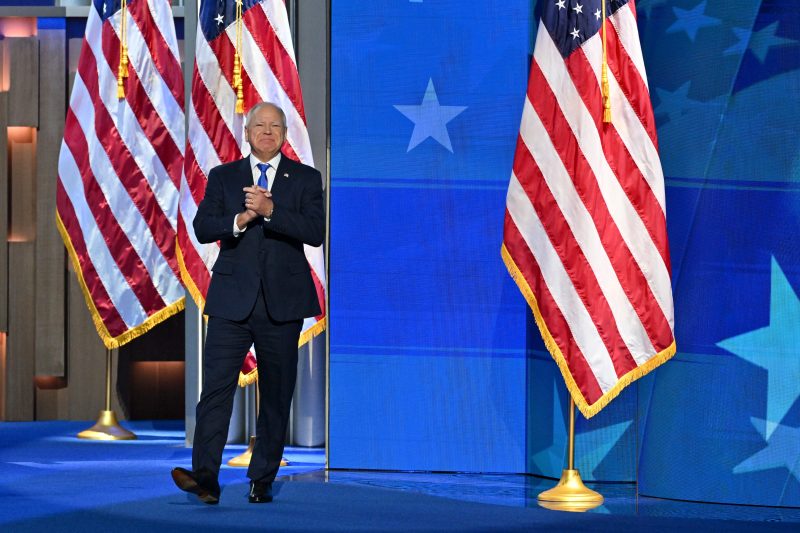In recent years, one prominent trend in international politics is the increasing focus on China’s growing power and influence on the global stage. This shift has not gone unnoticed by political candidates across the world, who have begun utilizing China’s rise as a central attack line in their campaigns.
One of the key aspects that candidates have been focusing on is highlighting the economic impact of China’s growth. With China emerging as a powerhouse in global trade and investment, political candidates are quick to point out the challenges this poses for their own countries. Issues such as job losses, trade imbalances, and intellectual property theft are commonly cited as negative consequences of China’s economic ascent. By associating themselves with protectionist policies or standing up to China in trade negotiations, candidates seek to position themselves as defenders of local economies and workers.
Another area where candidates are leveraging China’s power as an attack line is in the realm of national security. The increasing assertiveness of China in military matters, such as territorial disputes in the South China Sea and the modernization of its armed forces, has raised alarm bells in many countries. Political candidates capitalize on these concerns by framing themselves as strong on national defense and as vigilant guardians against potential Chinese aggression. By highlighting the risks posed by China’s military expansion, candidates aim to position themselves as the best choice to protect their country’s security interests.
Furthermore, human rights issues in China provide candidates with another avenue for attack. The Chinese government’s controversial policies in Xinjiang, Hong Kong, and Tibet have drawn widespread condemnation from the international community. Candidates often seize upon these violations of human rights to showcase their commitment to principles such as democracy, freedom, and the rule of law. By criticizing China’s record on human rights, candidates can appeal to voters who prioritize ethical considerations in foreign relations.
Notably, the exploitation of China as an attack line is not limited to any particular political ideology. Candidates across the spectrum, from right-wing populists to centrist moderates, have found ways to leverage China’s power for their own political gain. This points to the widespread recognition of China’s growing influence as a salient issue that cuts across traditional partisan lines.
In conclusion, as China’s power continues to expand on the world stage, political candidates are increasingly using it as a central attack line in their campaigns. By focusing on economic, national security, and human rights concerns related to China, candidates seek to position themselves as defenders of their country’s interests and values. As the dynamics of international politics evolve in the face of China’s rise, it is likely that this trend will only continue to grow in significance.
